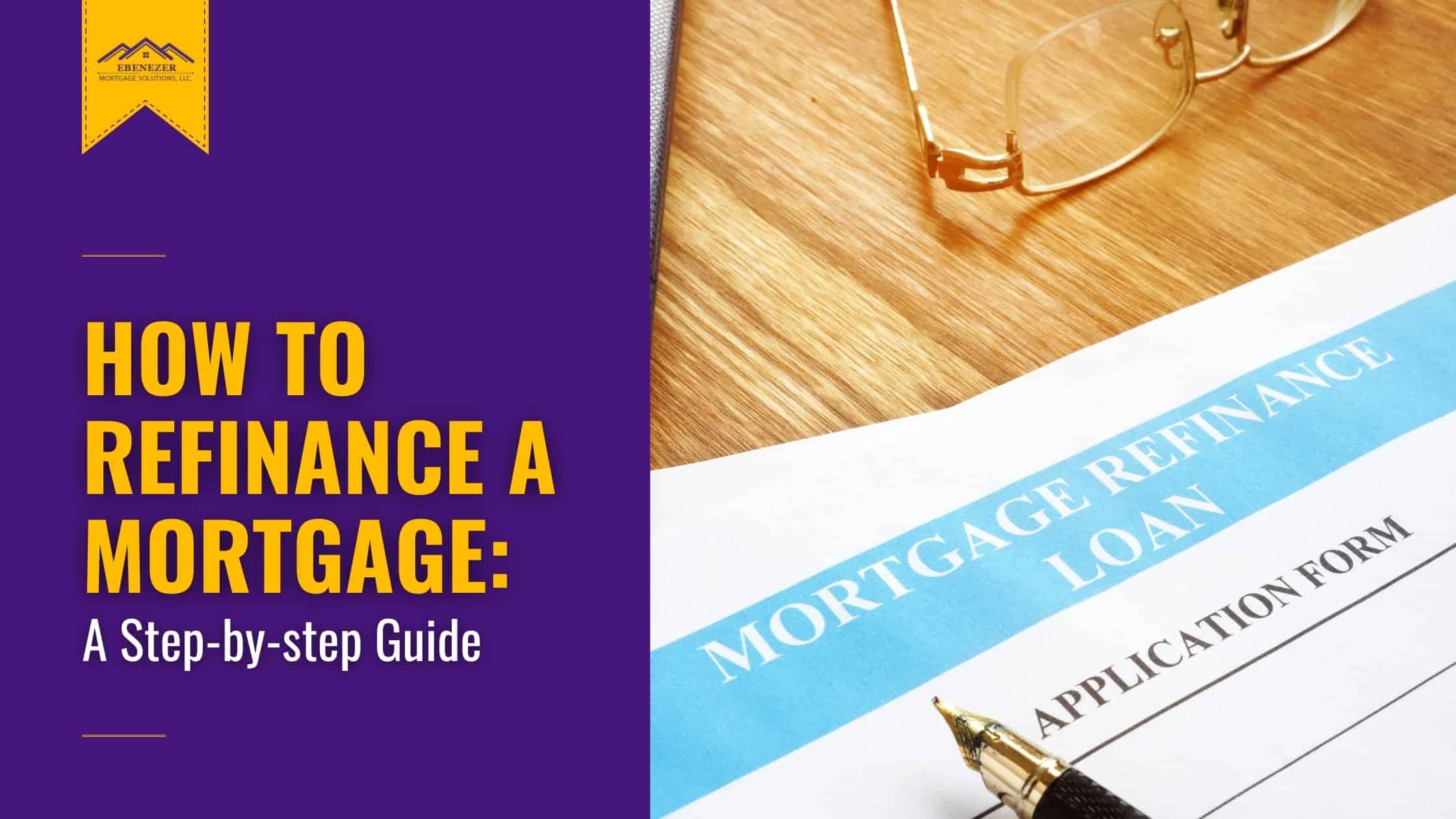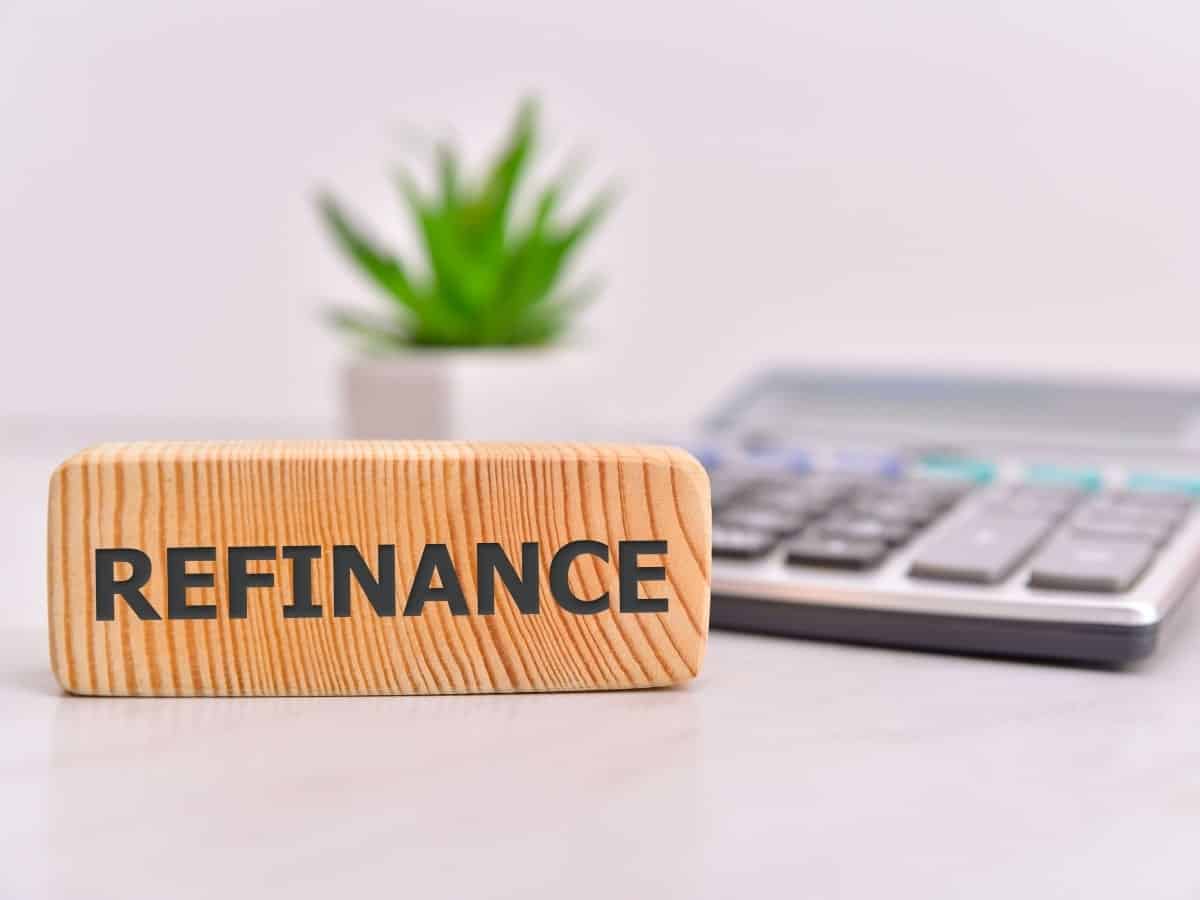Your Most Trusted Partner in Home Purchase Loans & Refinance Loans
Open Hours: Mon. - Fri., 9:00 a.m. - 6:00 p.m.

Compared to when you first applied for your mortgage, refinancing might seem a lot easier. Nevertheless, it's still a big decision that can affect you for a long time.
In this article, we're going to take you through a step-by-step guide to refinancing a mortgage so that you'll know what to expect. This will help you decide whether it's the right decision for you.
Mortgage refinancing means that you replace your current mortgage with a new one.
This does not mean that you have to pay off the current one first. Instead, once you're approved for a new home loan, your lender will pay off the old one with the new one. You can then continue with your monthly repayments on this new mortgage.
There are a lot of reasons why homeowners refinance their mortgages. Here are some examples:

Just like applying for your first mortgage, refinancing includes several steps. Here's how you can go about this process.
Refinancing is a huge financial decision. So always consider how it would affect your household.
Exercise due diligence to determine whether refinancing is the right action for you. Moreover, refinancing includes some out-of-pocket expenses. And it will take some time before you can break even and recover this cost. However, beyond the breakeven point, you'll be able to enjoy your savings.
So if you do decide to refinance, make sure that your goal in doing so will benefit you in the long run.
Your credit score is probably the most important number in your adult life. It represents your ability to manage debt and determines the type of loan you'll get.
Before applying for a refinance, check your credit health first. You can get a free copy of your credit history from the three leading credit bureaus through AnnualCreditReport.com. But keep in mind that you can only request a copy once every 12 months.
Once you have your credit report, check it for errors or any outstanding issues and dispute them as soon as possible. If you can, try improving your credit score before applying for a refinance.
Additionally, make sure that you have a stable source of income. Also, your DTI (debt-to-income) ratio should not be more than 45%.
Once your financial health is in order, it's time to compare mortgage rates and terms from several lenders.
Each lender offers different refinance rates and terms. Shopping around will give you a better chance of finding an offer that will suit your financial situation and needs.
This step requires more effort on your part. But if you want to skip the leg work, working with a mortgage broker would be a great idea.
Preparing all the documents for the mortgage application beforehand can save you time and help expedite the process. Here is a list of the documents that most lenders would want you to have when refinancing.
Now that you've prepared your documents, you can apply for a new mortgage.
If you're still not sure which lender to choose at this step, you can actually apply to multiple lenders. If they approve your application, they will give you a loan estimate within three business days.
A loan estimate is a standardized form that shows you the important details about a mortgage. The details include the estimated interest rate, monthly payment, and closing costs. You can then compare the estimates and choose the one that suits you best.

Another thing that you need to prepare for when refinancing is the out-of-pocket expenses. The cost of refinancing a home loan is usually 2-6% of the loan amount. Here are some of the fees you'll be paying at closing:
How soon you can refinance after buying a house will depend on the type of loan you have and the purpose of refinancing.
With a conventional loan, you can refinance right after purchasing your home. However, most lenders would prohibit borrowers from refinancing immediately from the same lender. But you're free to refinance from a different lender.
If you're planning a cash-out refinance, you need to have at least six months' worth of equity before you can refinance on a conventional loan. But with an FHA loan, you need to occupy the house for at least 12 months.
With the experience you gained from your first mortgage application, refinancing would be more straightforward.
Still, you want to ensure that you are prepared mentally and financially before you refinance your mortgage. This includes exercising due diligence before refinancing, checking your credit health, comparing lenders' rates and terms, preparing the necessary documents, and then applying for the new mortgage.
Moreover, knowing your reasons and the costs of refinancing would help you determine whether refinancing is a great idea and when you should do it.
Start by calling Ebenezer Mortgage Solutions. With our large network of lenders, we can help make your refinancing process stress-free. We'll let you know the requirements needed, give you access to the greatest deals, and help you choose the one that works for you. Call us today at (813) 284 - 4027.
At Ebenezer Mortgage Solutions, we'll be happy to guide you step-by-step through the mortgage application process and answer any questions you may have along the way. Call us today at (813) 284 - 4027.
